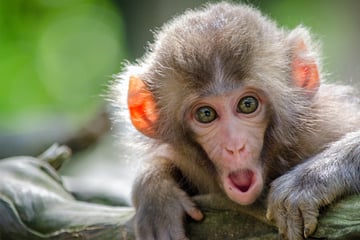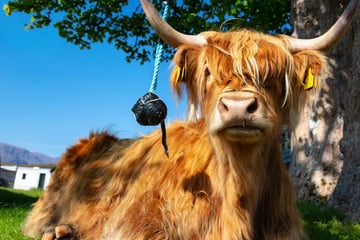What animal eats the most food?
Bigger animals eat more food, right? To power such massive bodies, they surely need more sustenance than a tiny little rodent, don't they? Perhaps, but the biggest-eating animal in the world is smaller than you'd expect.
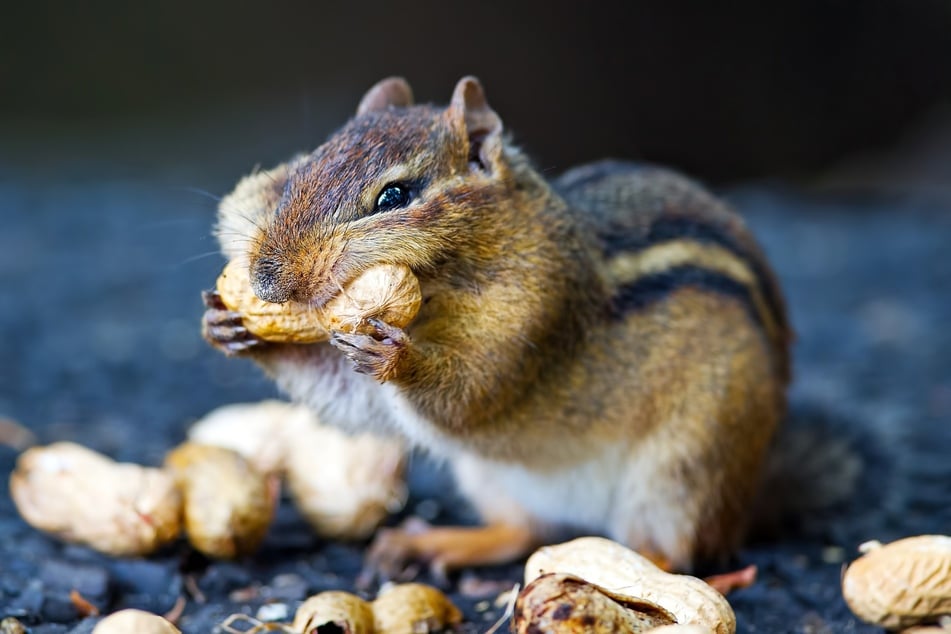
The animal kingdom is a fascinating place, full of different creatures, big and small, yet some will surprise you with their various characteristics, and some will come with little (or, indeed, a big) shock.
Of course, the assumption is that a big animal will eat more than a small one, but what you're about to find out will shake that assumption to its core.
So, what creature takes home the animal world record for the quantity of food it eats every day? This is the animal that eats the most food, at least relative to its body weight and size, and it'll shock you!
What animal eats the most per day?
The silkworm caterpillar, native to North America, eats the most food per day when considered as a proportion of its body weight. As a result, it is the hungriest animal in the world and one capable of eating per unit size more food than even the hungriest lion, tiger, or killer whale, even if the total weight of that food is far less than those particular animals.
In total, the North American silkworm (antheraea polyphemus) eats about 86,000 times its own body weight in food during the first two months of its life. That is more per the size and heaviness of its body than any other animal on Earth can consume.
In total weight, that is not a huge amount compared to many other animals, but think about it this way – assuming that the caterpillar is about one gram in weight (1/28 of an ounce), that would mean that it has eaten about 189 pounds of food in only two months. That is a pretty crazy achievement for the little dude!
With all this in mind, it is pretty clear that the most gluttonous creature in the whole world, the most voracious of all animals, is the silkworm caterpillar. You can say a lot about these creepy crawlies, but you can't deny their eating abilities!
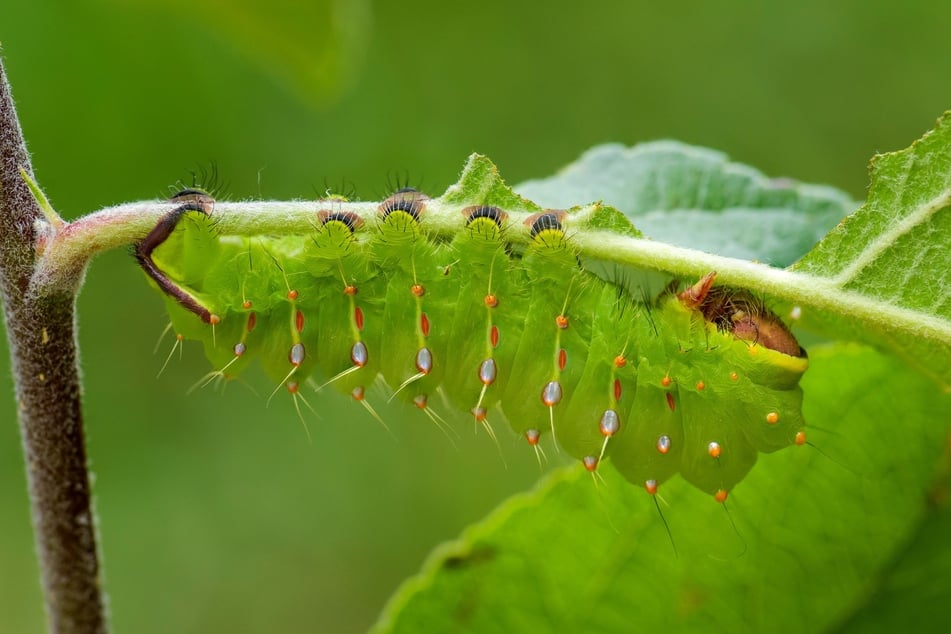
Why does the North American silkworm caterpillar eat so much?
The next question is, of course, why these little squirmers like to eat so much food. Luckily, the answer is quite simple: It is necessary for their development into the moths that they will eventually turn into. After all, if you know anything about a caterpillar, you know that they will eventually spin a cocoon.
If you're not aware, though, here's a quick biology lesson: Caterpillars are the larvae of butterflies or moths, which eventually hatch from the cocoons that caterpillars spin. These little dudes are crawling around in what is simply called the "feeding stage" of their development, munching on things, gaining strength, and increasing in size.
As the caterpillar eats more and more food, they will use it not only to grow themselves but also as reserves for when they go dormant within their spun cocoon. While the North American silkworm caterpillar is the most gluttonous of these freaky fellows, it's not alone – the monarch butterfly, for example, eats about 800-900 times its body weight in two months (when it's a caterpillar).
There is nothing unnatural or strange about the amount of food these silkworms eat, no matter how gluttonous or greedy it may seem. Silkworms are working towards becoming moths, they need the energy!
What animal eats the most humans?
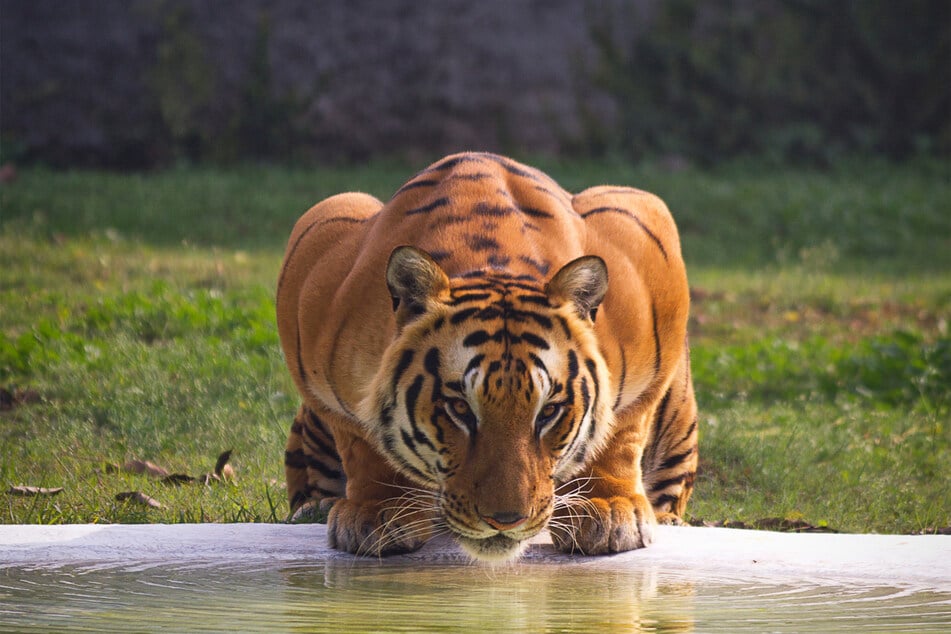
While the data is sketchy at best, and it is extremely hard to give a definitive answer, it seems that tigers eat the most people each year. Mosquitoes, of course, are the most dangerous animals in the world, killing thousands, and very few people die from being specifically eaten, so it's very hard to determine.
According to data published in 2019 by the Indian Government and reported on by the BBC, about 40–50 people are killed by tigers in India each year. This number then increases when you look at world figures, but there are no definitive measures of how many people are killed by tigers worldwide each year.
What can be said, though, is that tigers seem to kill more people than other man-eating animals like sharks, crocodiles, and alligators, who take very few people each year. A tiger is not even the most dangerous land animal in the world either; that belongs to the horse or maybe the hippo, but neither of those creatures "eat" humans, so they are disqualified from being featured here.
The tiger is, without a doubt, one of the world's most vicious and dangerous animals and has been known to hunt humans in various areas of the world. It is no surprise, then, that they eat more humans than any other animal.
Hungry animals are gonna eat!
Let's be real; you can't blame an animal for eating its fill. While the silkworm moth's caterpillars might seem incredibly greedy, it's perfectly natural for them to eat like they do. On top of that, while it's pretty awful that so many people get attacked and eaten by tigers every year, they are naturally occurring animals that are working purely off of instinct and should not be blamed for the carnage.
Instead, we humans should accept the reality of nature. Some animals are going to eat insane amounts of food, and others are going to eat insane amounts of humans. When it comes to the latter, we've just got to take some precautions so that we don't end up on the dinner table ourselves.
Cover photo: 123RF/Bkushner


